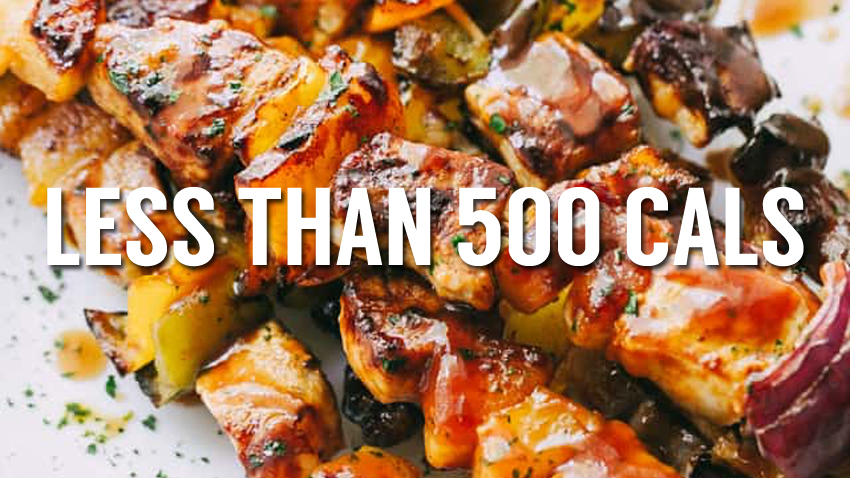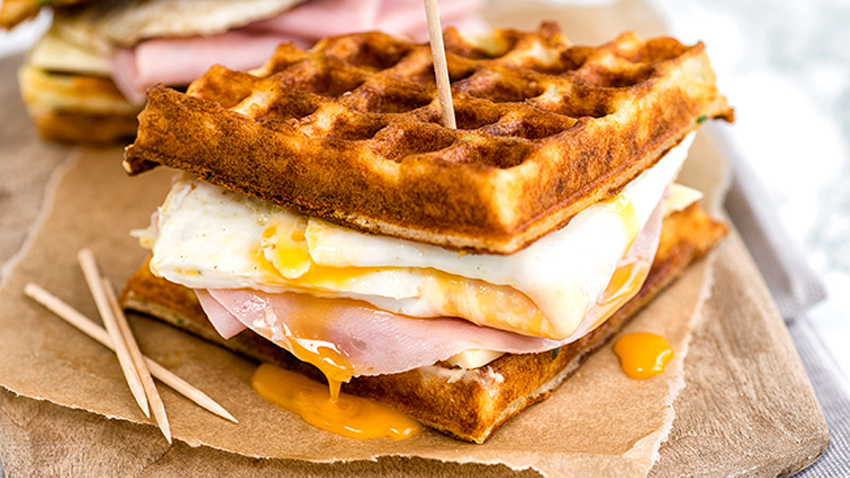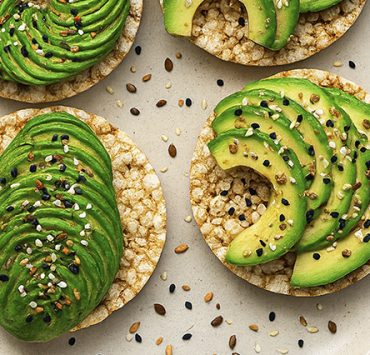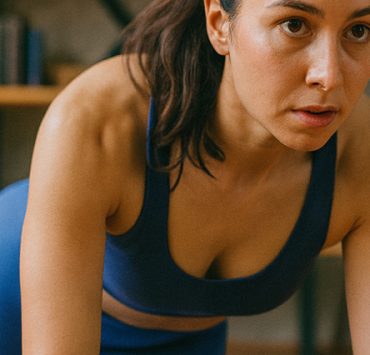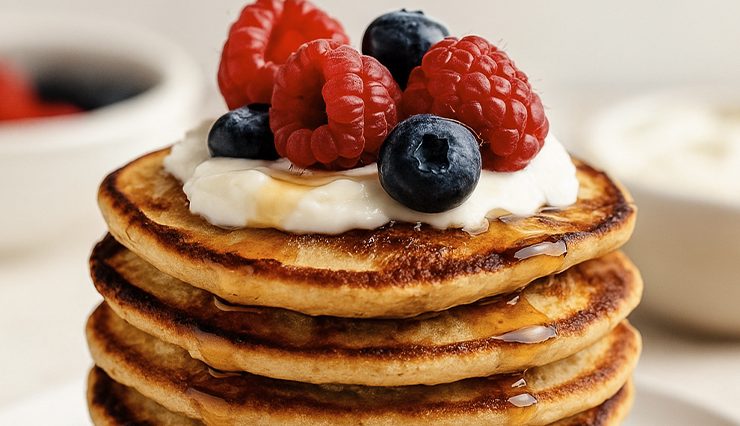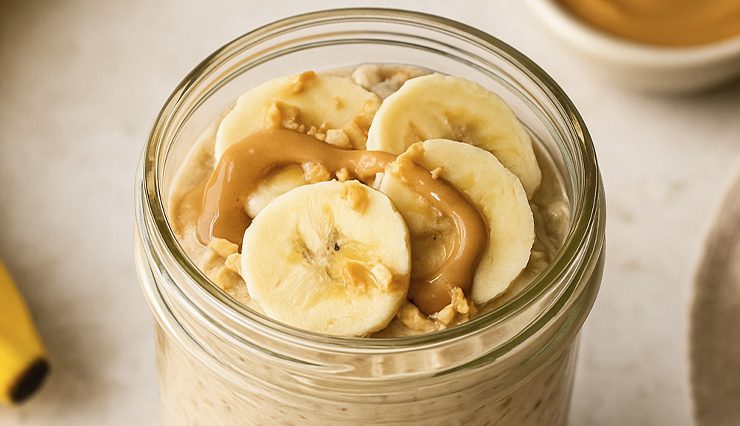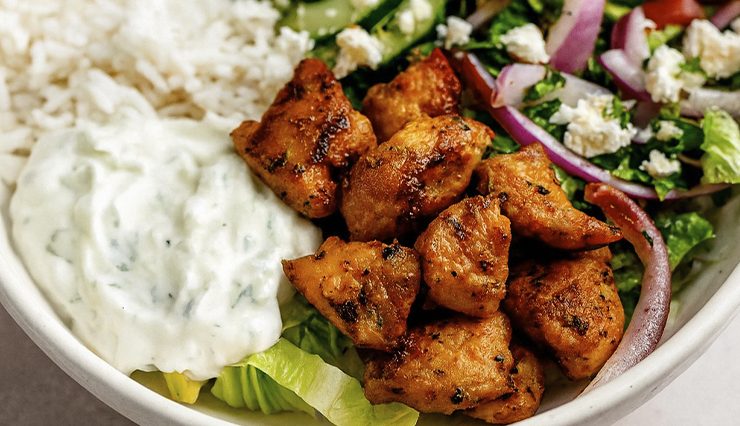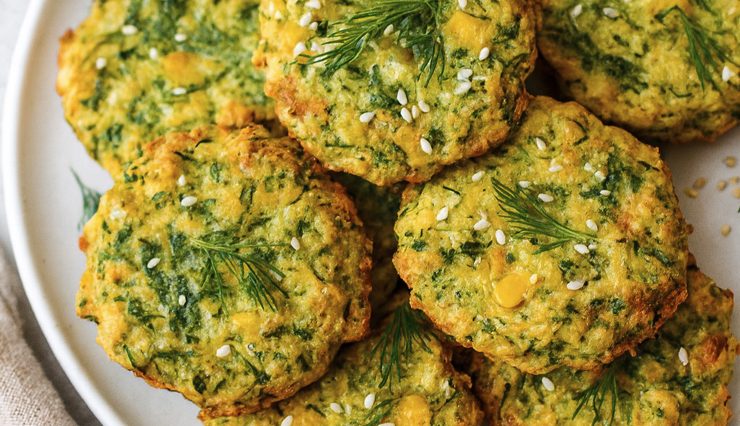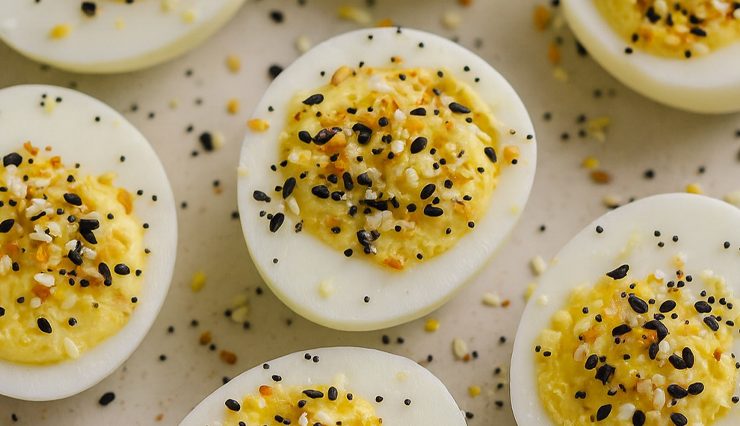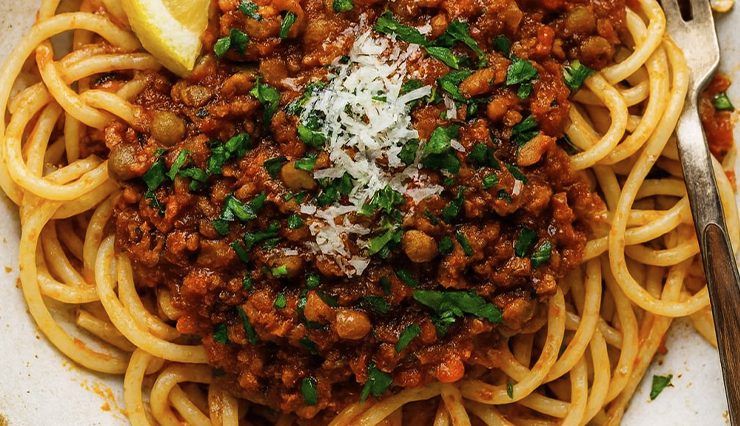How to Lose Weight After 40 (Proven 2025 No-Diet Guide)
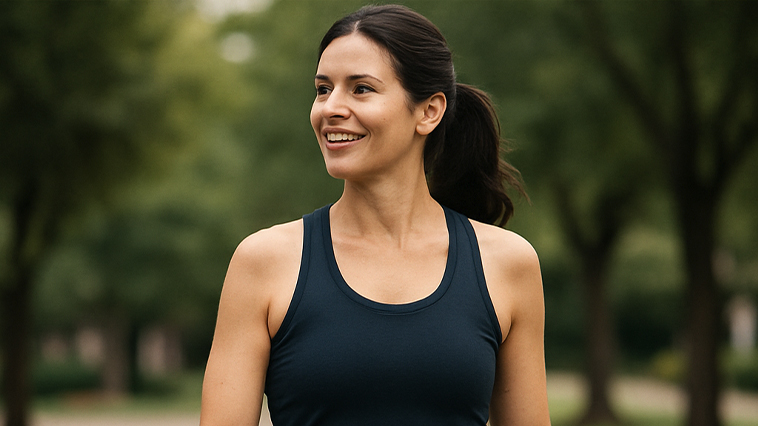
Trimmed&Toned Team.
Let’s get one thing straight, losing weight after 40 is absolutely possible. But it can feel different, and often harder, than it did in your 20s or 30s. Hormonal shifts, a slower metabolism, changes in muscle mass, and busier lives all contribute to why weight loss may become more of a challenge. But here’s the good news: you don’t need to jump into another restrictive diet to start seeing results.
In fact, the healthiest and most sustainable weight loss strategies after 40 often have little to do with dieting at all. Instead, they focus on supporting your body, hormones, and lifestyle in ways that promote fat loss naturally, protect muscle, improve energy, and support overall wellness.
This is your guide on how to lose weight after 40 without dieting.
Note: Check out some of our best fat loss kettlebell workouts for a quick and effective training system!
Why Weight Loss Changes After 40
After 40, several biological and lifestyle changes can affect weight loss:
- Hormonal changes (especially reduced estrogen in women and testosterone in men)
- Loss of lean muscle mass, which slows metabolism
- Increased stress and cortisol, which can promote fat storage
- Lower physical activity due to time constraints or energy dips
- Changes in insulin sensitivity, increasing belly fat risk
Understanding these shifts allows you to work with your body instead of against it.
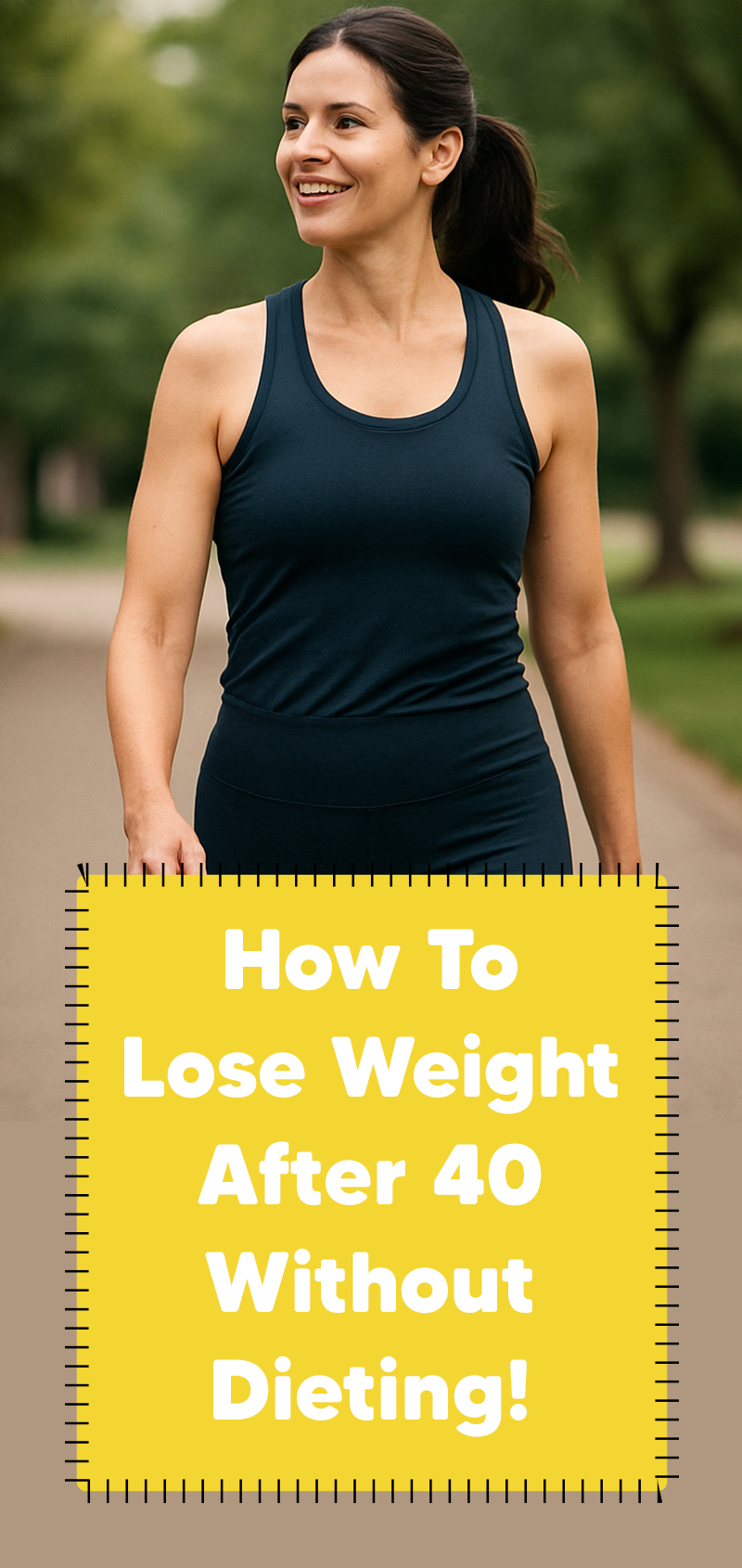
1. Focus on Whole Foods, Not Restriction
We said no dieting—and we mean it. Instead of cutting out entire food groups or tracking every calorie, aim to fill your plate with mostly whole, unprocessed foods.
- Lean proteins (chicken, fish, eggs, legumes)
- Vegetables of all kinds (especially greens, cruciferous veg, and colorful produce)
- Healthy fats (avocado, olive oil, nuts, seeds)
- Complex carbs (sweet potatoes, oats, quinoa, whole grains)
A well-balanced approach like this supports stable blood sugar, hormone balance, and long-lasting satiety—without extreme rules or deprivation.
2. Prioritize Strength Training
Muscle is the metabolism’s best friend—and we naturally lose it with age. One of the most powerful ways to lose weight without dieting is to increase or maintain your lean muscle mass.
Try 2–3 sessions per week of strength training focused on major muscle groups. Bodyweight workouts, resistance bands, dumbbells, or machines all work. Start small and build up.
Benefits include:
- Increased metabolism (muscle burns more calories at rest)
- Improved insulin sensitivity
- Stronger bones and joints
3. Walk Daily and Stay Active
You don’t need to run marathons to burn fat. In fact, walking may be one of the most underrated and sustainable fat-loss tools out there—especially after 40.
Aim for:
- 7,000–10,000 steps per day (use a tracker to stay consistent)
- Gentle movement after meals to help with blood sugar regulation
- Incorporating light movement throughout your day: take the stairs, walk during calls, stretch every hour
4. Manage Stress & Cortisol
Chronic stress can stall weight loss by raising cortisol, which encourages fat storage (especially around the belly). Managing stress isn’t just about feeling better—it’s about helping your body burn fat more efficiently.
Try:
- Deep breathing or meditation (10 minutes daily)
- Walking in nature
- Limiting screen time in the evening
- Journaling, hobbies, or connecting socially
Small, consistent changes here can make a huge difference in weight and overall well-being.
5. Sleep Like It’s Your Job
Poor sleep affects hunger hormones, cravings, recovery, and fat metabolism. And sleep disturbances are more common after 40, especially for women.
- Prioritize 7–8 hours of quality sleep by:
- Keeping a consistent bedtime
- Avoiding caffeine and screens before bed
- Keeping your room cool, dark, and quiet
- Practicing a relaxing bedtime routine (warm shower, reading, etc.)
6. Hydrate Smarter
Mild dehydration can mask itself as hunger, lead to fatigue, and slow metabolism. It also affects digestion and your ability to feel full.
Aim for:
7. Rethink Your Eating Schedule
Intermittent fasting or simply reducing your evening eating window can support fat loss by giving your body time to digest, reset, and better regulate insulin.
Examples:
- Stop eating 2–3 hours before bed
- Try a 12:12 or 14:10 eating window (not extreme, but effective)
It’s not about skipping meals, but being more mindful of when you eat and how it affects your energy.
8. Focus on Protein & Fiber
Protein helps you feel full, preserves lean muscle, and boosts your metabolism. Fiber slows digestion, improves gut health, and stabilizes blood sugar.
Try including protein and fiber in every meal:
- Greek yogurt + berries
- Eggs + vegetables
- Chicken + quinoa salad
- Lentils + brown rice + leafy greens
9. Get Support and Accountability
Whether it’s a workout buddy, a coach, or a supportive online group, accountability increases motivation and helps you stay consistent—especially when life gets busy.
You don’t need to do everything perfectly. You just need to keep showing up.
Final Thoughts: Healthy Over Hustle
Weight loss after 40 doesn’t require starvation, gimmicks, or punishing workouts. It requires a kinder, more informed approach to how your body works now. That includes strength training, more movement, stress reduction, sleep, and yes—a healthier diet.
Not a strict diet. A better diet. One that nourishes you and fits your life.
If you focus on progress, not perfection, you’ll be amazed at how your body responds—even after 40.
Medical Reminder: Always consult your doctor or healthcare provider before making major changes to your eating habits, exercise routine, or lifestyle. This article is not a substitute for professional medical advice.
Trimmed&Toned Team.

